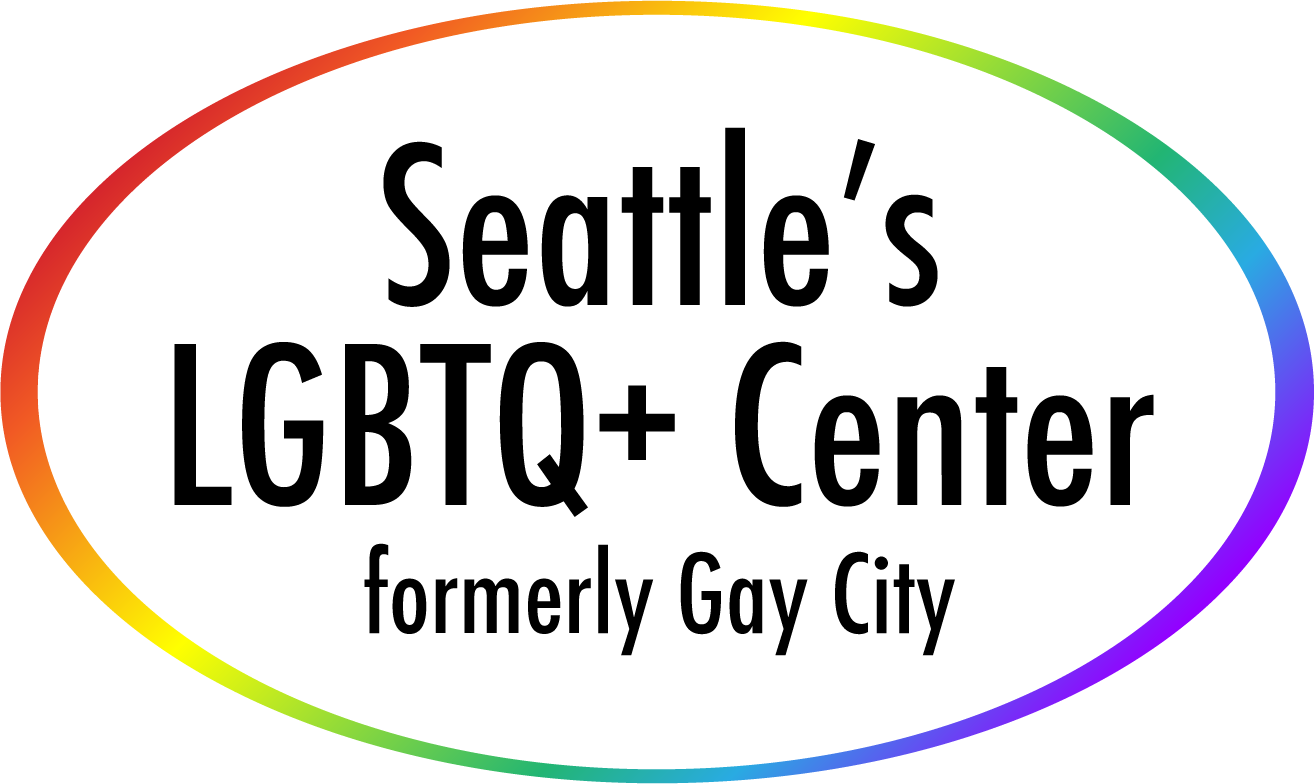
TNGE BIPOC Discrimination and Mental Health Study
Are you a transgender, nonbinary, or gender-expansive BIPOC individual? Consider participating in a 15-20 minute survey about your mental health experiences.
You can visit [https://umassboston.co1.qualtrics.com/jfe/form/SV_eJpUybXr7fB4je6] to complete a brief 5-minute screening form to learn if you are eligible for the study.
Once you complete the screening form, the PI (Álvaro Gamio Cuervo) will reach out via email to inform you of whether you are eligible to participate in the 15-20 minute cross-sectional survey. Here you will be asked questions about a range of topics (i.e., demographic information, discrimination, trauma, and suicidal ideation). During that survey, you will be able to opt into a raffle for a $50 Amazon gift card.
You will also have the option to participate in the third and final phase of this study (EMA) which includes $50 as compensation for participation. If you indicate interest in participating during the EMA, the PI will reach out via email to inform you of whether you are eligible to participate. Participation requires completion of a 30-45 minute interview, 10-day participation in daily surveys via a mobile application, a 15-minute closing survey.
You will be contacted with an informed consent form before each phase if you are eligible to participate in those parts of the study (i.e., cross sectional survey and EMA).
For more information, contact Álvaro Gamio Cuervo ([email protected]), PhD Candidate at the University of Massachusetts Boston.
Researcher statement on positionality/intentionality:
The doctoral student organizing this project (Álvaro) identifies as 1.5 generation Latine (Cuban-American), mestizo, queer, trans/non-binary, first-generation, and from a working-class background. Through past training as a social worker and current training as a counseling psychology doctoral student, he examines issues of suicide, family violence, hope and resilience at the intersection of BIPOC and TNGE identities. Their research is informed by lived experience as well as past work in community crisis response and clinical work with TNGE, BIPOC, immigrant, and low-income communities. The intention behind this project is to inform clinical practice and preventative community programming in support of TNGE BIPOC who experience chronic suicidal thoughts and behaviors. Reach out with questions or concerns!
